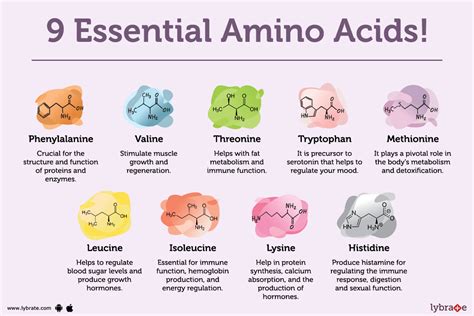Which micronutrients are crucial for optimizing male hormone health & peak performance?
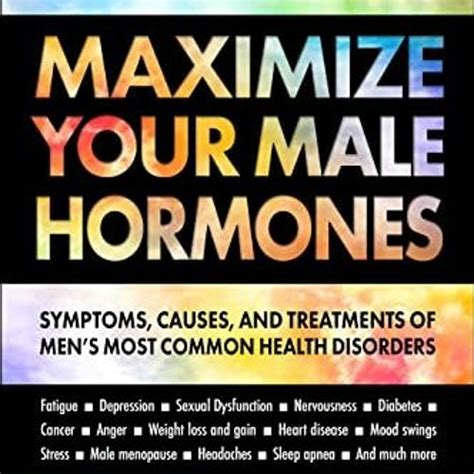
The Vital Role of Micronutrients in Male Health
For men aspiring to achieve peak physical and mental performance, as well as robust long-term health, understanding the role of micronutrients is paramount. These essential vitamins and minerals, though needed in small amounts, are the unsung heroes facilitating countless bodily processes, including hormone synthesis, energy production, and cognitive function. A deficiency in even one key micronutrient can disrupt the delicate balance of male hormones and significantly impair overall well-being and performance.
Optimizing male hormone health, particularly testosterone levels, isn’t just about avoiding deficiencies; it’s about providing the body with the optimal building blocks it needs to thrive. Let’s delve into the specific micronutrients that are crucial for this.

Key Micronutrients for Testosterone and Hormone Balance
Zinc: The Testosterone Powerhouse
Zinc is arguably one of the most critical minerals for male hormone health. It plays a vital role in testosterone production, acting as a cofactor for several enzymes involved in the synthesis of this primary male sex hormone. Studies have shown that zinc deficiency can lead to reduced testosterone levels, while supplementation in deficient individuals can restore them. Beyond hormones, zinc also supports immune function, sperm quality, and prostate health.
Vitamin D: More Than Just Bone Health
Often referred to as the ‘sunshine vitamin,’ Vitamin D functions more like a steroid hormone in the body. Receptors for Vitamin D are found in nearly every tissue, including the testes. Research indicates a strong correlation between adequate Vitamin D levels and higher testosterone. It influences the conversion of cholesterol into steroid hormones, including testosterone, and also plays a role in mood regulation, bone density, and immune response.

Magnesium: Muscle, Sleep, and Stress Reduction
Magnesium is involved in over 300 enzymatic reactions in the body, making it indispensable for overall health. For men, it’s particularly important for muscle function, nerve transmission, and energy production. Crucially, magnesium is linked to testosterone levels by reducing the binding of testosterone to sex hormone-binding globulin (SHBG), thereby increasing bioavailable (free) testosterone. It also contributes to better sleep quality and stress reduction, both of which are indirect but significant factors in hormone regulation.
Boron: The Free Testosterone Booster
Boron is a trace mineral that has gained attention for its potential to increase free testosterone and reduce estrogen levels in men. It appears to do this by reducing SHBG and inhibiting enzymes that convert testosterone into estrogen. Boron also supports Vitamin D absorption and magnesium metabolism, creating a synergistic effect on overall hormone health.
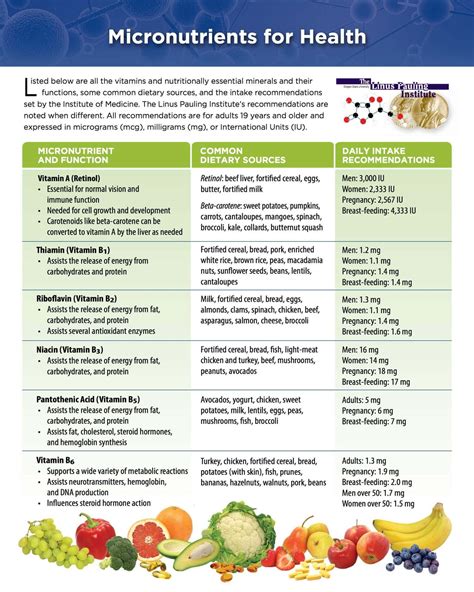
Selenium: Thyroid and Antioxidant Support
Selenium is a powerful antioxidant that protects cells from oxidative damage. It’s also vital for healthy thyroid function, which profoundly impacts metabolism and hormone balance. For men, selenium contributes to sperm motility and overall reproductive health. Adequate selenium intake ensures the thyroid can properly regulate hormones, including those affecting energy and testosterone.
B Vitamins (Especially B6, B9, B12): Energy and Neurotransmitter Function
While not directly involved in testosterone production like zinc or Vitamin D, the B vitamins are essential for the metabolic processes that support overall hormone health and peak performance. B6, B9 (folate), and B12 are crucial for energy production, red blood cell formation, and neurotransmitter synthesis, which impacts mood, cognition, and stress response—all factors that indirectly influence hormone balance and athletic output. B6, for instance, helps regulate prolactin, a hormone that can suppress testosterone when elevated.
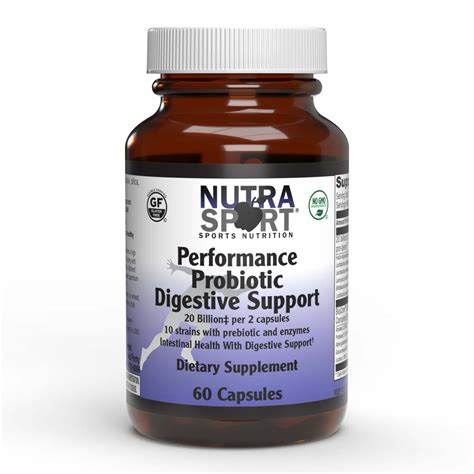
Optimizing Intake: Dietary Sources and Considerations
The best way to ensure adequate micronutrient intake is through a diverse diet rich in whole, unprocessed foods. Lean meats, shellfish, nuts, seeds, leafy greens, legumes, and certain fruits are excellent sources of these vital nutrients. However, modern agricultural practices and individual dietary restrictions can sometimes make it challenging to meet optimal levels solely through diet.
If dietary intake is insufficient, targeted supplementation can be beneficial, but it should ideally be guided by blood tests and consultation with a healthcare professional. Over-supplementation can be as detrimental as deficiency, so a balanced approach is key.
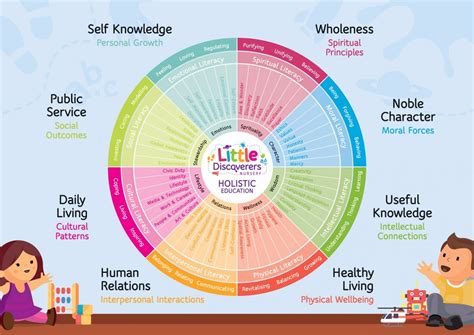
Conclusion: A Holistic Approach to Male Health
Optimizing male hormone health and achieving peak performance is a multifaceted endeavor that goes beyond just exercise and diet. Micronutrients are foundational elements, acting as catalysts for critical bodily functions. By ensuring adequate intake of zinc, Vitamin D, magnesium, boron, selenium, and B vitamins, men can significantly support their hormonal balance, boost energy levels, enhance cognitive function, and improve overall physical vitality. Prioritizing these tiny but mighty nutrients is a powerful step towards unlocking your full potential.




